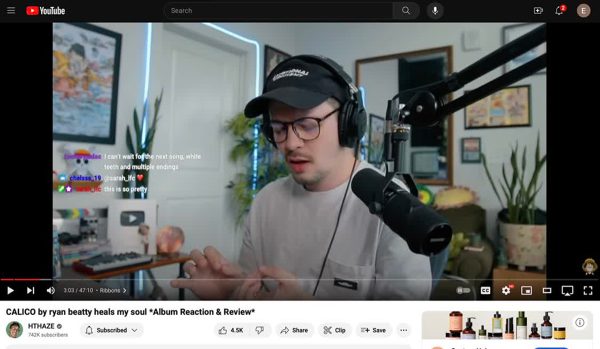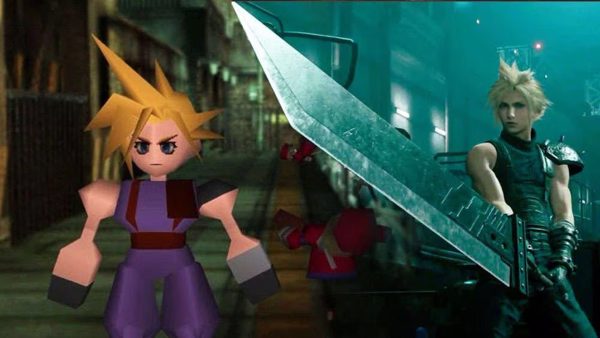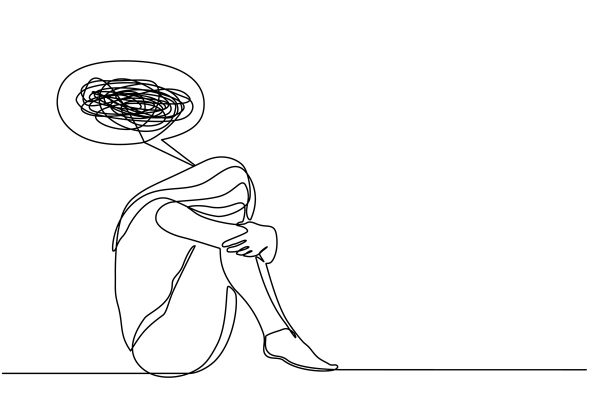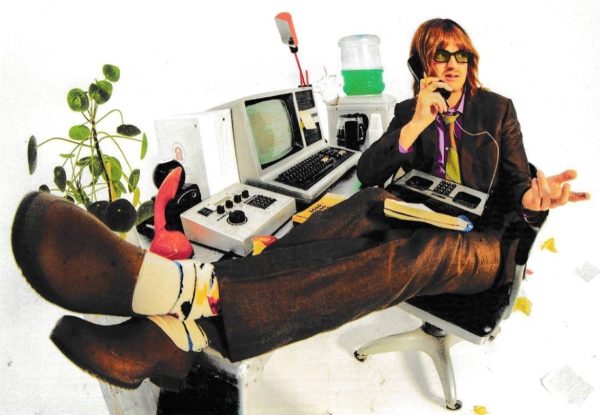Ed board
Do public apologies fix anything?
More stories from Emilee Wentland
In the midst of Hollywood sexual assault allegations, five women have accused actor and comedian Louis C.K. of sexual wrongdoings.
The day after The New York Times published an article exposing C.K.’s harassment accusations. The comedian released a statement saying the accusations were true.
“Now I’m aware of the extent of the impact of my actions,” C.K. wrote. “I learned yesterday the extent to which I left these women who admired me feeling badly about themselves and cautious around other men who would never have put them in that position.”
C.K. isn’t the first person to be accused of sexual misconduct, and he isn’t the first to admit to it or publicly apologize.
Justin Bieber has issued several public apologizes for various incidents, Lance Armstrong did after admitting to doping to win the Tour de France and Paula Deen publicly apologized for using a racial slur, according to E! News.
So, does publicly apologizing fix anything? The Spectator Editorial Board discussed this question.
“Apologies mean nothing without action,” one speaker said.
The speaker said apologizing won’t undo anything C.K. did, and that when celebrities make public apologies, it’s likely for publicity’s sake.
“I’m having a hard time believing any of this (his words) matters,” they said.
Another board member argued the apology wasn’t done at the appropriate time.
“I think it’s especially irrelevant if someone issues a public apology if it’s after they’ve been outed by someone else or with other media,” they said. “If they’re coming forward and admitting guilt to something no one else even knew they were guilty of, perhaps that’s maybe a different story because they’re apologizing before anyone even knew and admitting they’re wrong. Even then, it still might not be forgivable.”
One speaker said they thought it was better to acknowledge the incident instead of just ignoring it. Another thought these people need to exemplify remorse for their actions.
“There needs to be some sort of repentance,” the speaker said. “The public apology is all for the image, I think, and even if it’s sincere, why did you do these things anyway? Knowing that you have a public image, wouldn’t you be trying to protect it from the get-go?”
The Spectator Editorial Board voted 1-4-3, with one member saying public apologies fix things, four saying they do not and three members choosing to abstain from voting.










